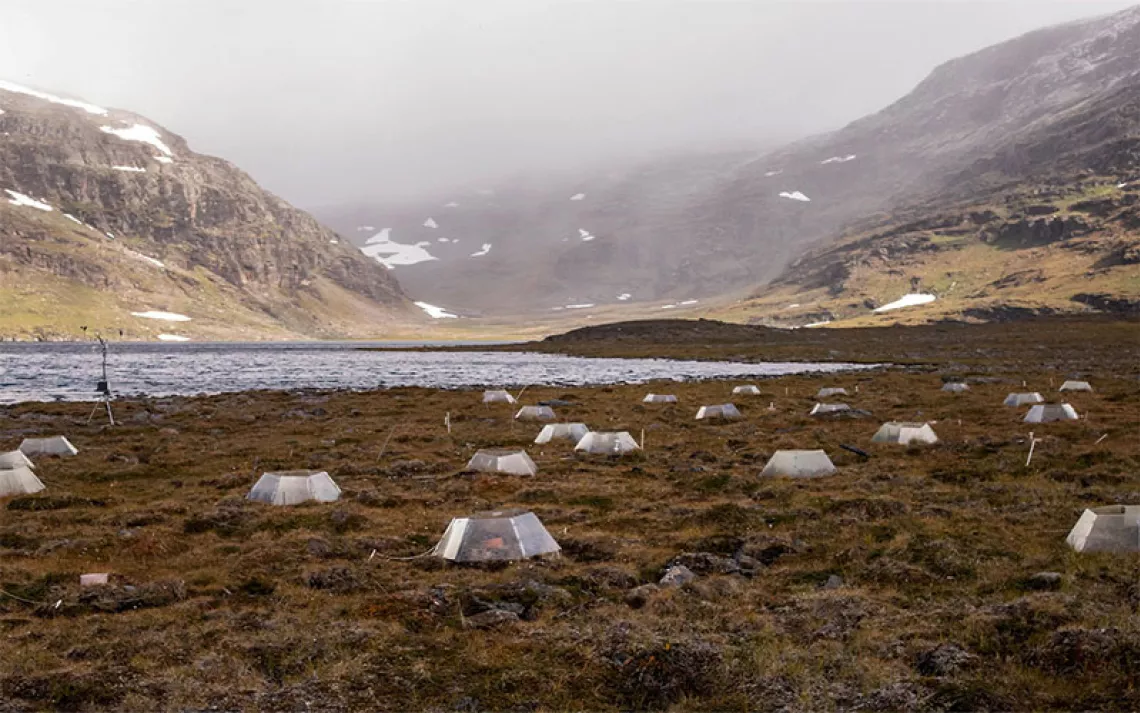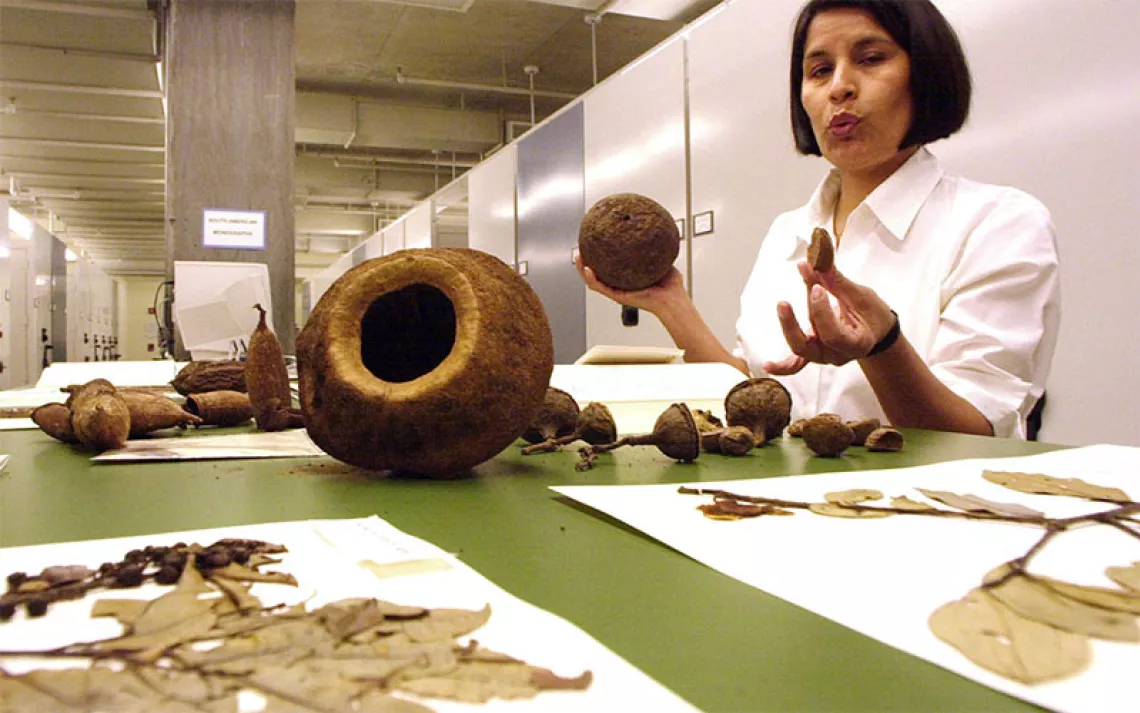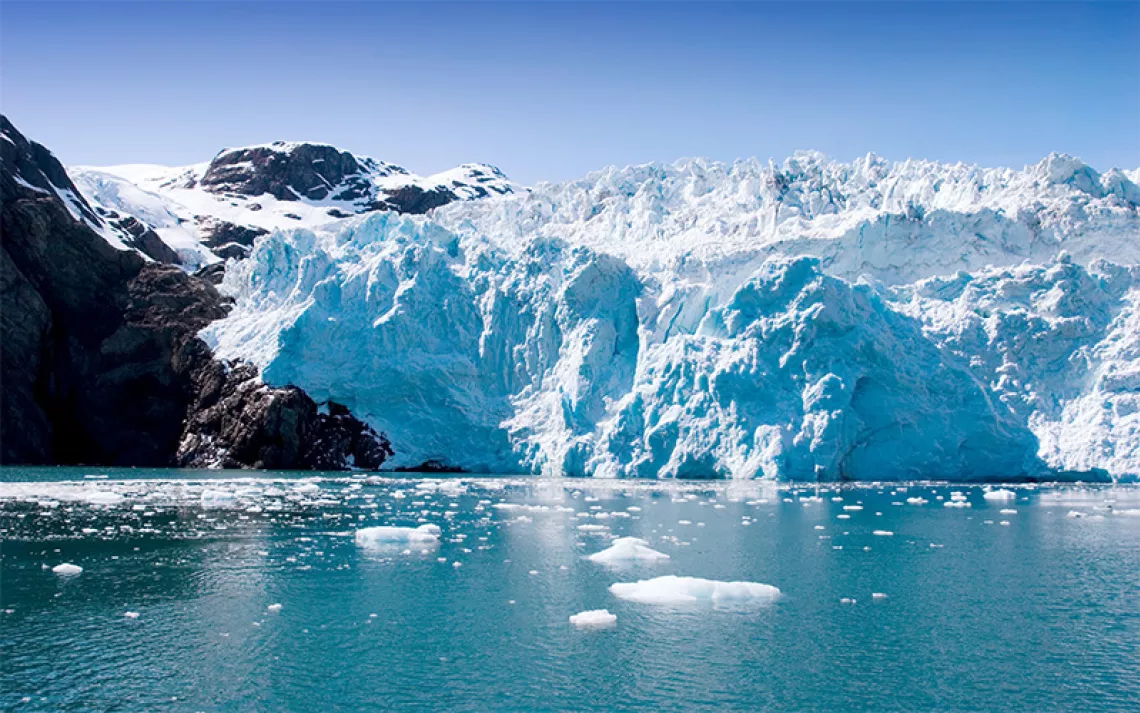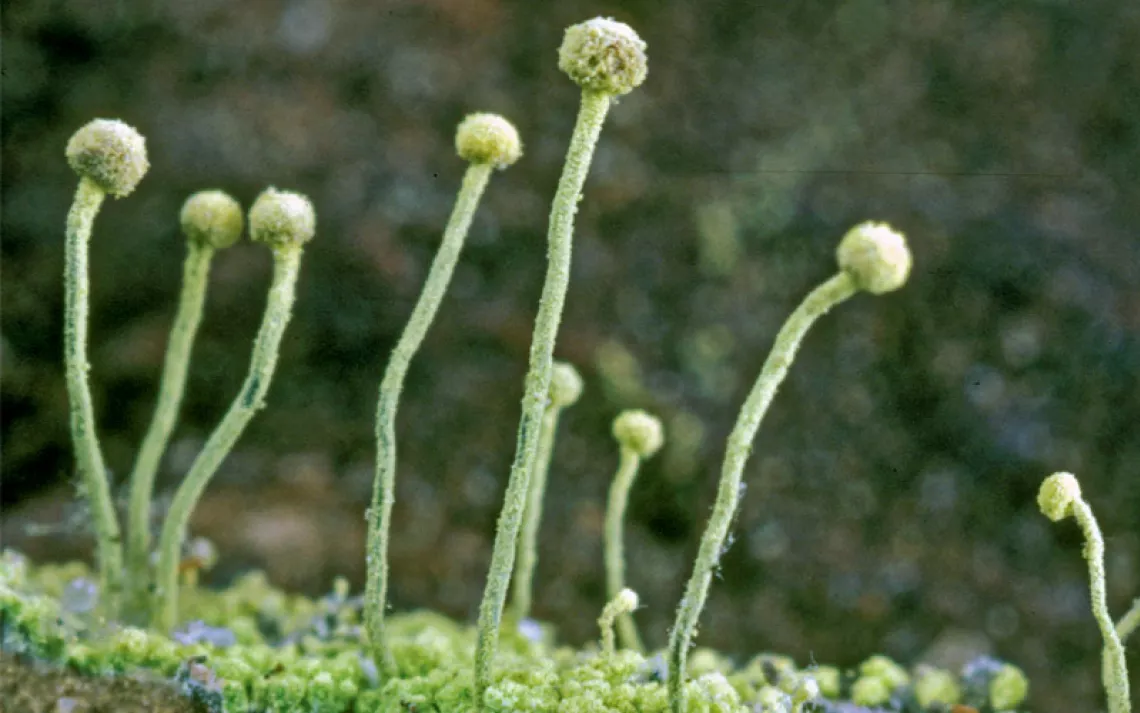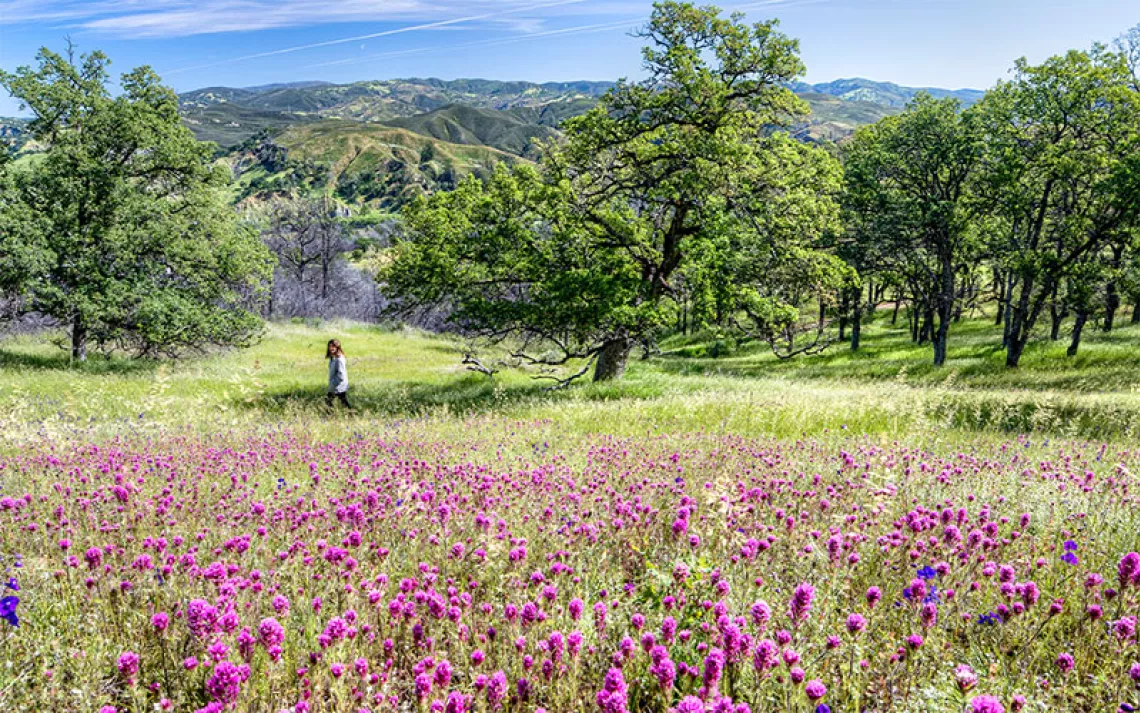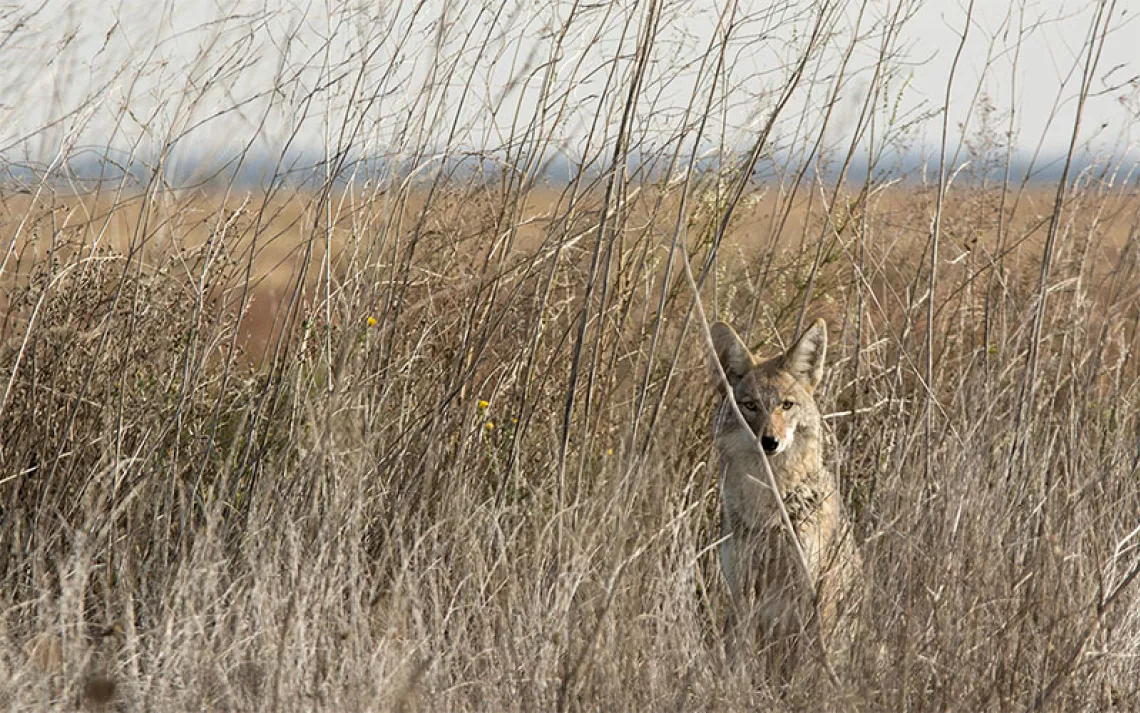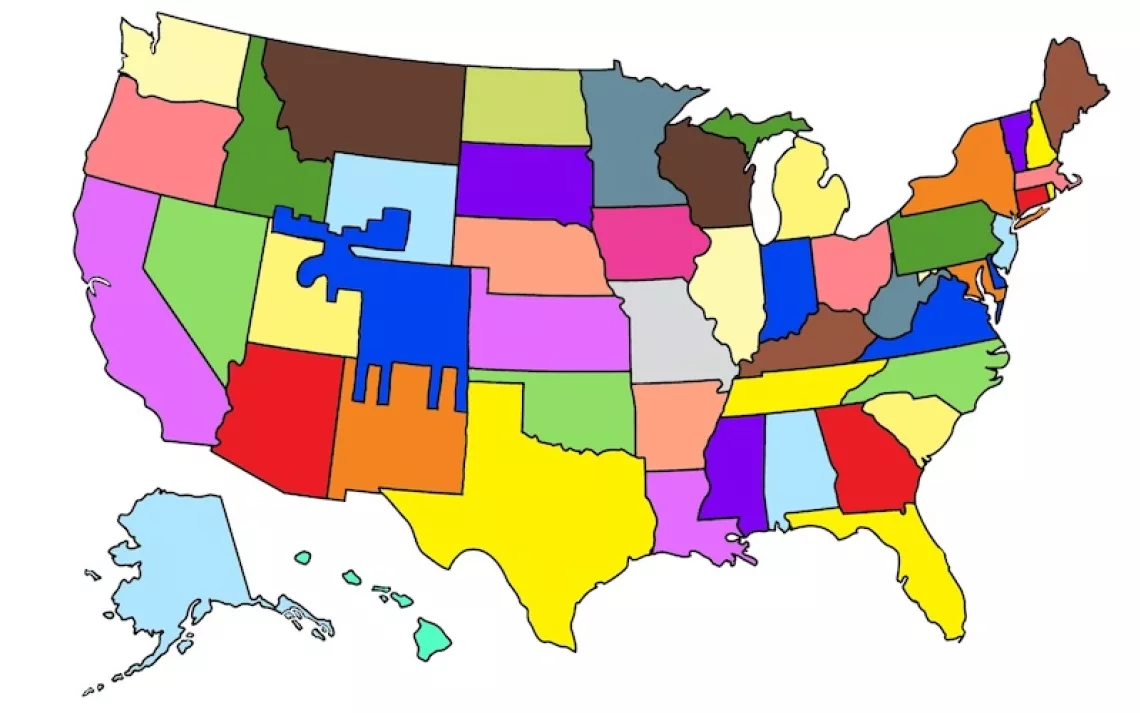ICYMI: Roadkill Is the New California Cuisine
A weekly news round-up for busy people
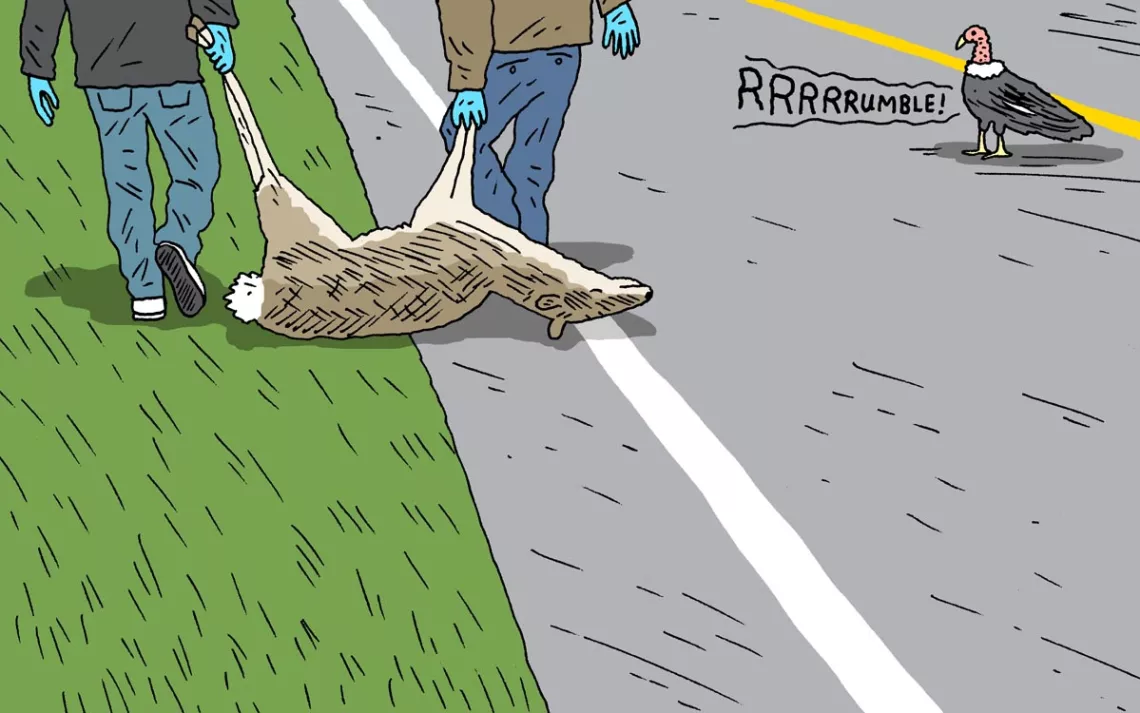
Illustration by Peter Arkle
It will soon be legal to eat roadkill in California.
Two top officials at the Department of Housing and Urban Development admit that the office knowingly blocked Puerto Rico from receiving billions in federal housing funds that Congress approved after Hurricane Maria.
The DC Circuit Court of Appeals ruled that the EPA is illegally failing to control smog that travels across state lines and pollutes the air in other regions.
The Trump administration replaces the superintendent of Yosemite National Park as part of a push to encourage more recreation and tourism in the park.
In Oregon and California, the number of sea urchins has grown by 10,000 percent in the last five years and is creating havoc.
In the absence of an effective government response, Brazilians are cleaning up by hand a massive, mysterious oil spill that has washed ashore on beaches in the northern part of the country.
The risk of swine flu reaching the US has nearly doubled since last year, partly due to the popularity of pork smuggling by air.
Tokyo, host of the 2020 Summer Olympic Games, may start races as early as 3:00 A.M. due to worries about climate-change-related heat waves.
Canadian prime minister Justin Trudeau vows to build the Trans Mountain expansion pipeline despite objections from First Nations and environmental groups.
In Michoacan, the boom in avocado sales has lifted farmers out of poverty within the last decade—but also attracted hyper-violent cartels, to the point where locals are arming themselves and the US is threatening to withdraw orchard inspectors.
Mysterious heaps of rubber bands on a remote island in Cornwall that is rarely visited by humans are flown over by seabirds that mistake them for worms, scientists conclude.
The Trump administration moves to weaken protections for the threatened delta smelt, in favor of sending more water to farmers in California’s Central Valley.
A “doomsday aircraft” designed to survive a nuclear attack is forced to land after it collides with a bird.
Deforestation in the Amazon raises the temperatures of areas that have been cleared of trees by an average of 5°C and as much as 10°C by the end of the dry season.
The “Made in America” Outdoor Recreation Advisory Committee, an advisory panel created by former DOI secretary Ryan Zinke, releases a plan to privatize campgrounds in national parks.
Cars are getting safer for drivers and more dangerous for cyclists and pedestrians.
An Edinburgh-based start-up wants to use abandoned coal mines to build a giant “virtual battery” that will store and release energy by hoisting and dropping 12,000-ton weights down disused mine shafts.
At a “Keep America Great” rally, Trump tells a crowd of Texans that the state “made a fortune” on disaster relief from Hurricane Harvey, a hurricane that killed more than 100 people and released toxic chemicals into the state’s air and waterways.
Thousands of sheep (and a few hundred goats) march through Madrid in celebration of the annual migration of livestock from summer to winter pasture.
Chile’s drought becomes so severe that shepherds bring flocks down from the hills to graze on the lush parks in Santiago’s well-to-do neighborhoods.
The last major section of an island that is the spiritual and physical center of the universe for the Wiyot Tribe is deeded back to it by the city of Eureka, California, over 150 years after the island was sold to a dairy farmer and Eureka residents massacred the Wiyot living there.
Floods caused by heavy rains in the Midwest this year sent an unprecedented influx of freshwater into the Mississippi River, which decimated many of Louisiana’s prime oyster-growing grounds and led to oyster rationing.
A report released by the GAO finds that federal employees overseeing US public lands were assaulted or threatened while on duty at least 360 times between 2013 and 2018, with Forest Service employees being harassed the most.
The location of the earth's magnetic North Pole is rapidly moving from the Canadian Arctic toward Russia.
India cancels a massive plan to build new coal plants, on the grounds that solar is cheaper.
After years of decline, air pollution in the US is rising again.
A panel of scientific advisers dismissed by the Trump administration announces that the current federal limits on fine particles of air pollution aren’t strong enough to protect people from lung damage, heart attacks, and early death.
Imperial County declares a local state of emergency at the Salton Sea, due to massive dust storms and wildlife losses after water was diverted to urban areas.
The air in London has seen a 36 percent drop in nitrogen dioxide (NO2) since gas-powered vehicles were banned from the city center in April.
The white bellbird is the official owner of the loudest recorded bird call, clocking in at a hefty 125 decibels—about the same volume as a pneumatic drill and three times louder than the former loudest bird, the screaming piha.
The universe is dying and only seven new stars are born every year, scientists say, but we still have billions of years if we play our cards right.
 The Magazine of The Sierra Club
The Magazine of The Sierra Club
